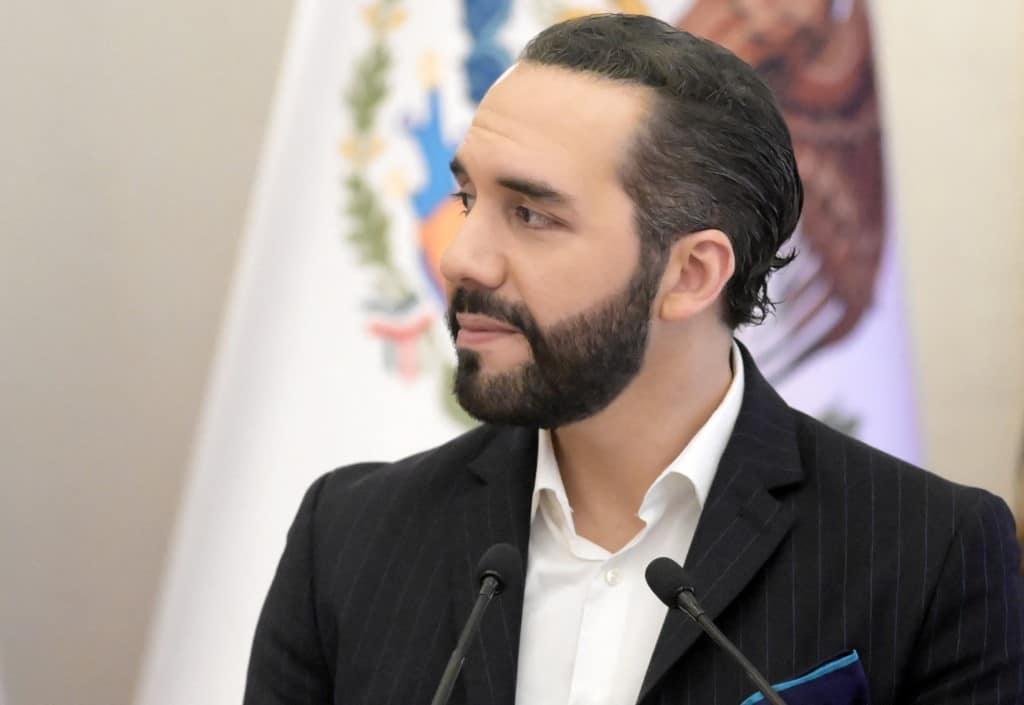The Salvadoran Congress, which is firmly in the ruling party’s hands, is set to debate constitutional changes that would let presidents run again and again, thereby ensuring the continuity of President Nayib Bukele. The reform would also stretch presidential terms from five to six years.
Bukele, who is 44, has been in office since 2019. He won re‑election in 2024 with about 85 % of the vote, giving him near complete control over state powers and institutions—something his opponents describe as a “dictatorship.”
The Legislative Assembly, where Bukele’s allies hold 57 of 60 seats, is rushing through a proposal to allow “re‑election without limits,” extend the presidential term, align presidential, legislative and municipal elections on the same schedule and scrap the second round of voting.
Pro‑government lawmakers also want to shorten the current presidential term, which would have ended in 2029, to 2027 so that general elections can be held sooner—elections in which Bukele could run again thanks to the proposed re‑election measure.
“This is the day democracy died in El Salvador… the masks have come off,” opposition lawmaker Marcela Villatoro said on the floor, adding that the reform was introduced as the country headed into a holiday week. “They’re cynics,” she said.
It’s important to note that Bukele enjoys huge popularity because his “war” on gangs has driven violence to historic lows. That crackdown has operated under a state of exception, allowing mass arrests without court orders.
“This is quite simple, people of El Salvador. Only you will decide how long you support your president,” legislator Ana Figueroa said when she introduced the reforms.
The reform push comes against a backdrop of accusations that Bukele’s government has repressed human rights defenders and critics, forcing many journalists and humanitarian activists into exile.






